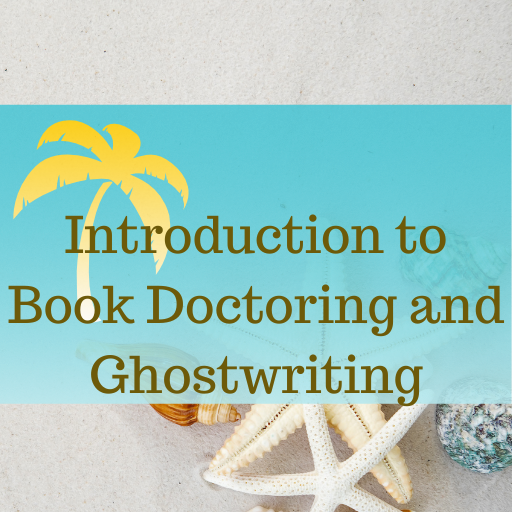Coaching for introverts (people who hate talking on the phone/Zoom/in person)

Coaching for introverts
Editors, like authors, are often introverts (me among them). This can make them/us/me resistant to offering coaching as an option for writers as it seems like a service that has to be delivered in person or over a phone/Zoom call in one-hour increments.
Many introverts have trouble even meeting friends in person, let alone clients, and don’t get me started about how much we hate talking on the phone. HATE HATE HATE it. With a fiery, all-consuming passion. (Or maybe that’s just me).
You don’t have to be an introvert to be filled with ennui at the thought of coaching this way. Some people dislike the feeling of being put on the spot to answer questions immediately or struggle to be at a specific time and place to attend a meeting or deliver a scheduled call.
Coaching for introverts can be an obstacle, but here are some tips on how to overcome it.
How to deliver coaching services
But coaching – what we might define as anything outside a specific editorial process (like developmental editing or copyediting) that helps a writer write or sell their books, such as brainstorming a plot or reviewing back cover copy – can be delivered in other ways.
For example, coaching can be delivered asynchronously by email. This is how most of my coaching is done. Or, it could be done by text, as a scheduled exchange, or via a private forum/chat/chat room, either at a scheduled time or asynchronously. I know one editor who receives coaching questions by email and delivers answers via recorded video.
Our writer clients are often just as happy not to have to get on the bus/on the phone/comb their hair for a Zoom call, so think of these alternative means of delivery as a potential benefit to the client, not as something you have to cross your fingers and hope they’ll agree to.
Other Helpful Content
Focus on a limited number of problems in story development
Typically in a manuscript evaluation or developmental edit, I focus on what I perceive to be the three-to-five most important concerns I’ve noticed in the ms. This is the approach I teach my editing students. Editing too many problems at once overburdens the author In any given ms, there may be ten or fifteen developmental problems…
Clients who want services you don’t offer
Newer freelancers sometimes come to me in a panic because a client has approached them to do work that’s outside their typical scope. Commonly this is something like the freelancer offers copyediting and developmental editing but the client wants coaching. What should they do? They don’t know how to coach, they don’t offer coaching services,…
Expand into Book Doctoring and Ghostwriting
If you’ve been a developmental editor for any length of time, you’ve likely encountered an author who just wants you to write the book for them. Or, you’ve encountered a manuscript that was in such disrepair that it required a herculean effort to fix it, dropping your hourly rate down to pocket change. As a…
Join the Club!
New to story editing? Begin at the beginning.




